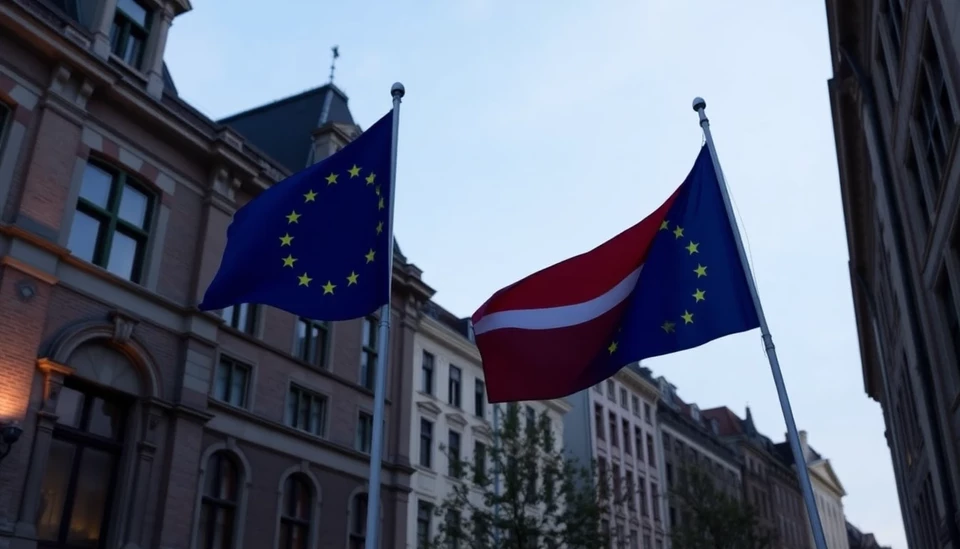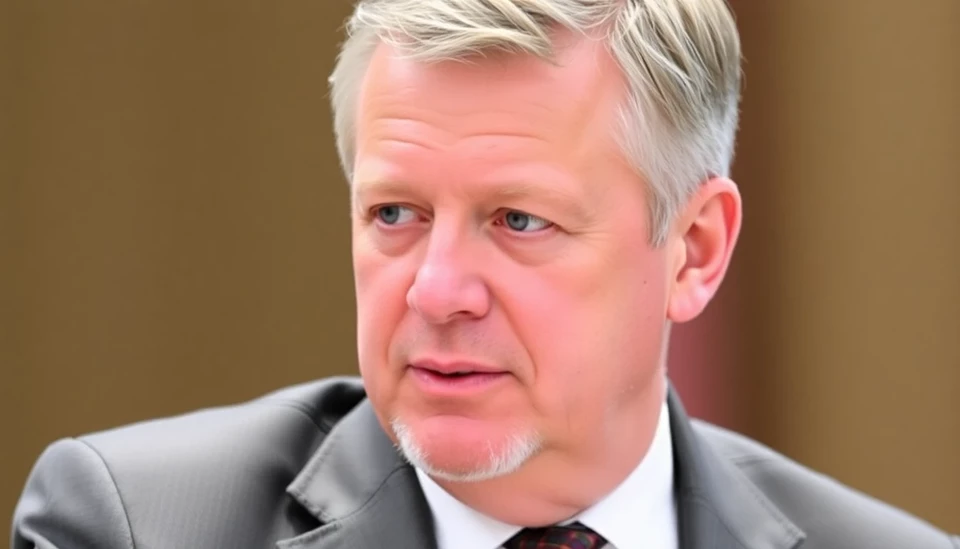
The European Union (E.U.) has taken decisive action in its ongoing efforts to enforce fiscal discipline among its member states, focusing its attention on the Netherlands. In a recent move, the E.U. has imposed a stringent fiscal path that the Dutch government is expected to adhere to in order to achieve a balanced budget. This mandate comes in light of rising budget deficits and economic challenges faced by several European nations.
Currently, the Netherlands is grappling with significant economic pressures, including inflationary concerns and rising public expenditure. These factors have contributed to the Dutch government’s struggle to maintain its historically robust economic reputation. As a result, the E.U. has stepped in, citing the necessity for measures to stabilize the region's economy and ensure adherence to fiscal rules designed to promote sustainable financial governance.
The mandate states that the Netherlands must implement specific policies and measures aimed at reducing its deficit, with a focus on returning to a budget surplus. Brussels has outlined a timeline and framework within which the Dutch government must operate, urging immediate action to address the fiscal imbalance. The E.U.’s actions underline its commitment to fiscal discipline among member states, especially as several economies in the region show signs of strain.
Economists have been weighing in on the implications of the E.U.’s decision. Many argue that while fiscal discipline is essential for long-term economic stability, the quick implementation of stringent measures may lead to detrimental effects on growth and welfare in the short term. Critics of austerity measures warn against cuts that may impact public services and social welfare programs, potentially leading to significant backlash from the public.
The E.U.’s demands arrive at a time when the Dutch government must strike a careful balance between necessary economic reforms and the welfare of its citizens. As officials prepare to respond to this directive, the political landscape within the Netherlands could become contentious, with various factions advocating for different approaches to tackle the budgetary constraints imposed by the E.U.
In the wake of these developments, Dutch leaders are expected to convene discussions aimed at formulating a response that satisfies both the E.U.’s requirements and the needs of their constituents. The results of these deliberations will be closely monitored, as they could set a precedent for other E.U. nations facing similar fiscal challenges.
This unfolding situation highlights the broader implications of European fiscal policy and the importance of cohesive financial governance among member states in the wake of economic uncertainties. With the pressure mounting, all eyes will be on the Netherlands to see how effectively it navigates this challenging financial landscape.
As the story develops, stakeholders across Europe will continue to watch closely, eager to see how the balance between fiscal responsibility and social welfare will be maintained in one of the continent's historically strong economies.
#EUBudget #NetherlandsFiscalPolicy #EuropeanUnion #EconomicStability #FiscalResponsibility #BudgetaryReforms #EconomicsNews
Author: Laura Mitchell


